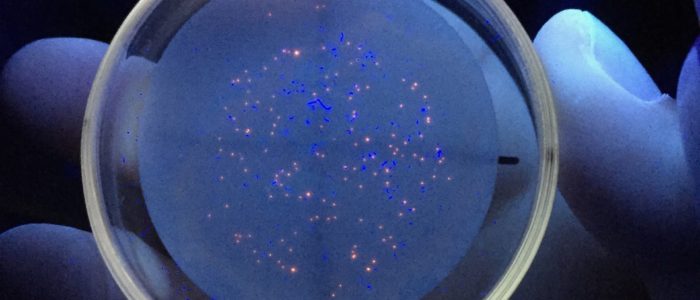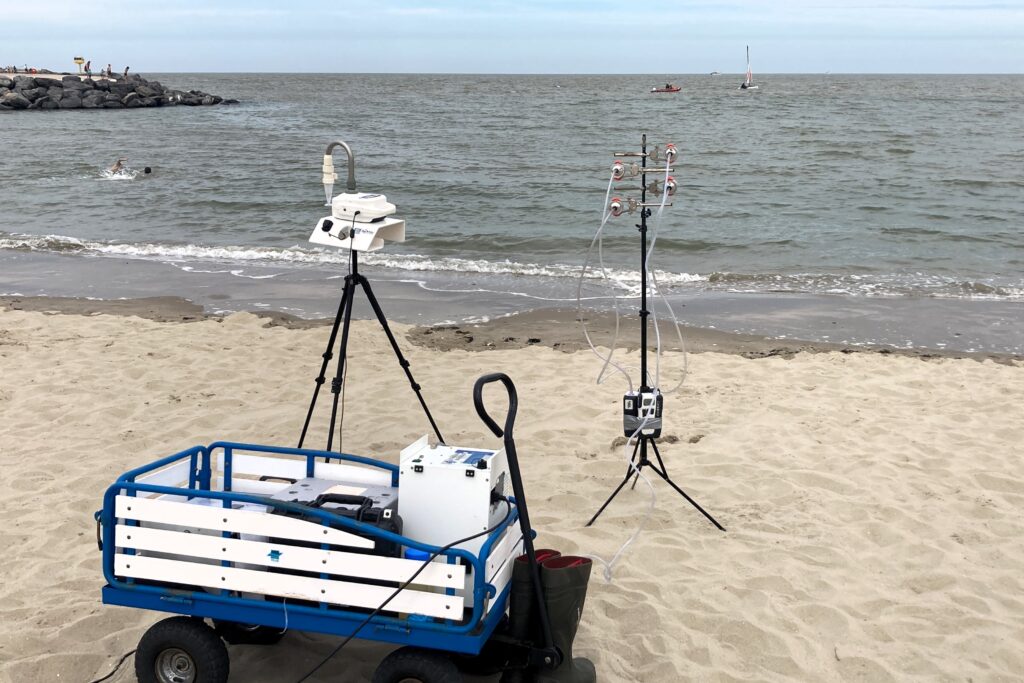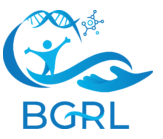The Blue Growth Research Lab studies how we interact with the ocean and how this affects our health and wellbeing. Our research crosses the boundaries of disciplines. Hence, we are strengthened by our collaborators across faculty and university borders. Our key research themes are marine focussed and briefly described below. Nevertheless, we apply our analytical and molecular expertise on a wide range of ecosystems and species tailored to the needs of our research partners from academia, government or industry. A full list of our current and past projects can be consulted here.
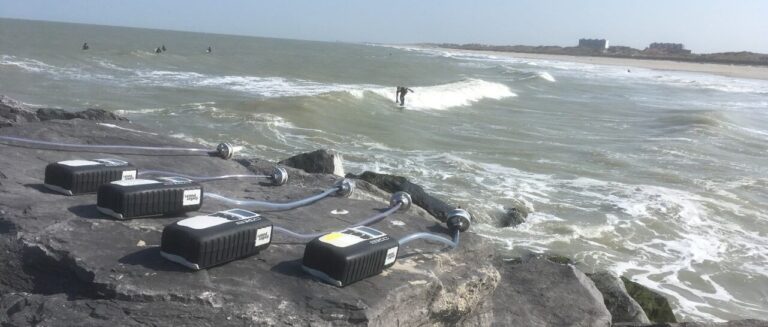
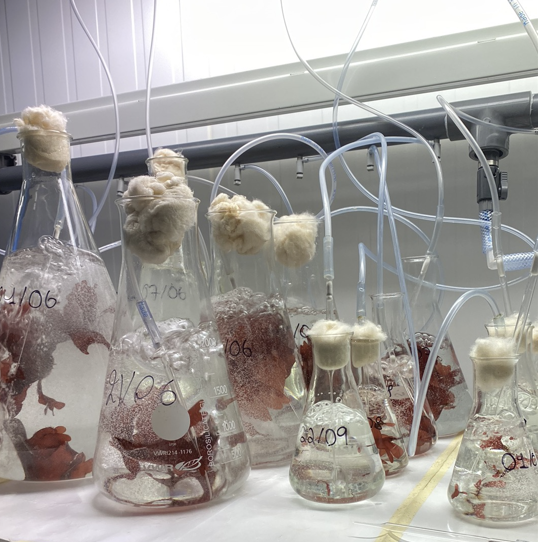
Molecules from the sea
Our oceans and seas are a source of biodiscovery. Currently, more than 18.000 natural products have been discovered and extracted from marine environments. These natural products are molecules produced by a wide variety of organisms in the marine environment including microbes, algae and jellyfish. Furthermore, these molecules can end up in the air we breathe through sea spray aerosols or the food we eat through mariculture or fishery products. Our lab studies how ocean biodiversity contributes to biomolecule production and how marine ecological processes drive ocean bioactivity. We specifically focus on links between bioactivity, biomolecules and human health. From a human health perspective, we tackle both novel biodiscovery challenges as public health challenges. Indeed, more than 40% of the global pollution lives within 50km of the coastline. It is therefore not surprising that our ocean can exert a powerful impact on our health and wellbeing.
Key publications within this research theme:
- Marine biogenics in sea spray aerosols interact with the mTOR pathway
- Immuno-stimulatory effects of sea spray aerosols
- Sea spray aerosols contain the major component of human lung surfactant
Key research technologies:
- Sea spray aerosol sampling and characterization
- Marine aerosol production on reference tanks and wave flumes
- Extraction technologies for marine molecules from seaspray and seaweed for in vitro testing
- Omics technologies including transcriptomics, genomics and epigenomics using human cell lines
- Intervention studies with human participants at the coast
Humans and the sea
Oceans and seas face tremendous pollution challenges of human origin. Simultaneously, human activities aggravate ocean warming, ocean acidification and ocean deoxygenation. At the Blue Growth Research Lab, we study how marine pollution may impact environmental health and ultimately even human health. We focus on multi-stress conditions integrating other impacts such as climate change. Our strength is addressing these questions across multiple levels from chronic to transgenerational effects, from individual to ecosystem level impacts. We host a collection of micro-algae, macro-algae and invertebrate model organisms as well as in vitro models for vertebrates. We apply a wide array of state-of-the-art molecular, cellular and microscopy assays. Our current research projects focus on the environmental impact and human health effects of micro- and nanoplastics as well as chemical munition dump sites.
Key publications within this research theme:
- The impact of sea-dumped munition on environmental and human health
- Micro- and nanoplastics in a multi-stress marine environment
- Direct RNA nanopore sequencing of pelagic communities in the North Sea
- Effects of multiple stress on marine copepods using transcriptomics
- Effects of ocean warming on the multigenerational responses of marine copepods
Key research technologies:
- Micro- and nanoplastic sampling and characterization
- Multigenerational invertebrate cultures
- Omics technologies including transcriptomics, genomics and epigenomics
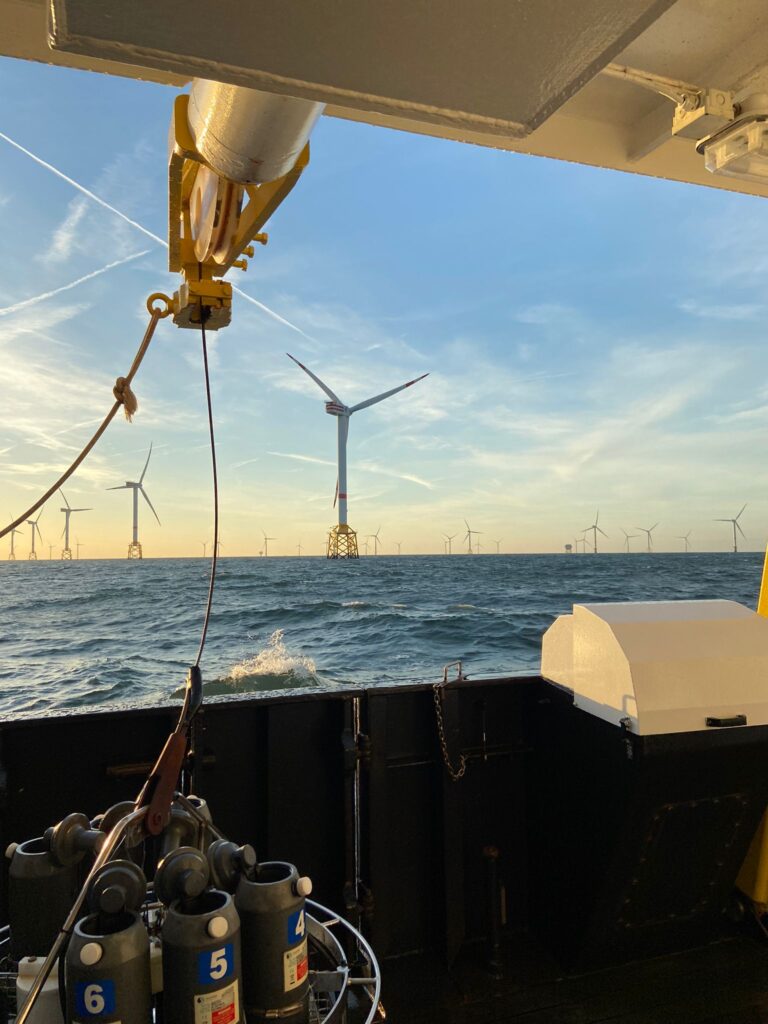
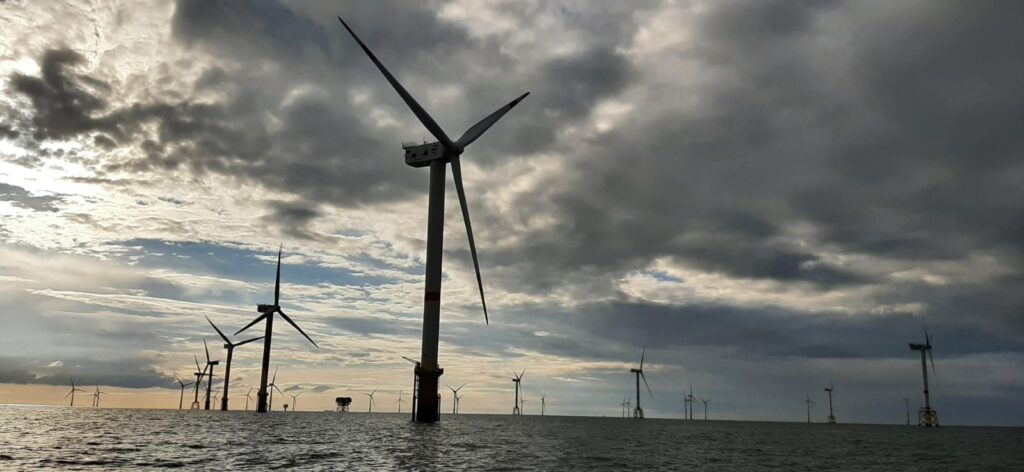
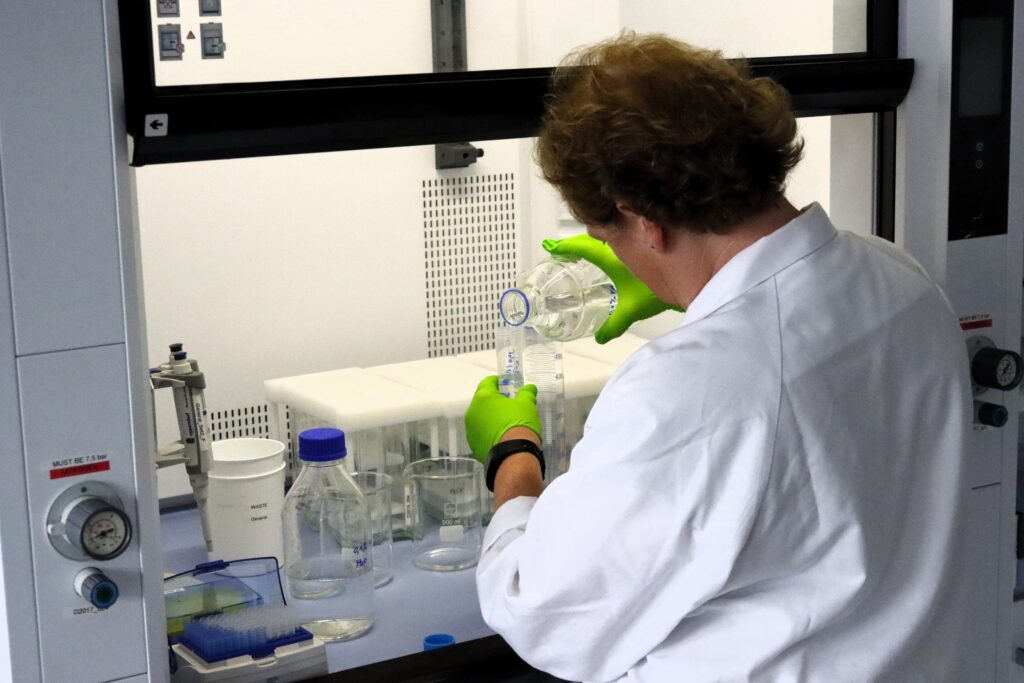
Sustainable use of the sea
Our global population and economic growth require a significant expansion of human activities at sea to support a sustainable planet. Wind and wave energy, aquaculture production and deep-sea mining are some of the emerging economic activities conquering their place in our ecosystems. Simultaneously, established economic sectors including fisheries and maritime transport urgently need to transition to more sustainable practices to protect marine ecosystems. Our team applies environmental risk assessment approaches to quantitatively assess impacts of human activities at sea. Together with experts in marine spatial planning and stakeholder engagement, we strive to balance economic, societal and environmental needs. A sustainable exploitation of marine resources will be crucial to support the growing human needs. By integrating disciplines such as marine ecology, aquaculture and environmental impact assessment, we develop scientific based solutions for a sustainable and circular blue economy.
Key publications within this research theme:
- Prioritisation of marine ecosystem services through stakeholder engagement
- Aerosolization of microplastics from the ocean: implications for human health
- Harnessing the power of tidal flats to combat climate change
Key technologies within this research theme:
- Environmental risk assessment models
- Ecosystem and ecosystem service models such as EcoPath and Invest
Key analytical and molecular expertise
While our main research focus is the marine environment, we do apply some of our key technologies in other environments and applications to support our national and international collaborators. Two main fields in which we regularly support collaborators with our expertise are micro/nanoplastics research and environmental epigenetics.
Key publications on our micro- and nanoplastics research:
- Contribution of wastewater treatment plants to microplastic pollution
- Ex vivo study examining microplastic release in clinical settings
- Effects of nanoplastics in low dose chronic exposure scenario’s on human cell lines
Key publications on our environmental epigenetics research:
- Prospects for epigenetic biomarkers in environmental and human health risk assessment
- Transgenerational inheritance of DNA hypomethylation in Daphnia
Our main focus is academic and valorisation research. We focus on studying problems and developing solutions on a project based manner with academic, government and industry collaborators. As such, we do not offer analytical or molecular services for single samples.
